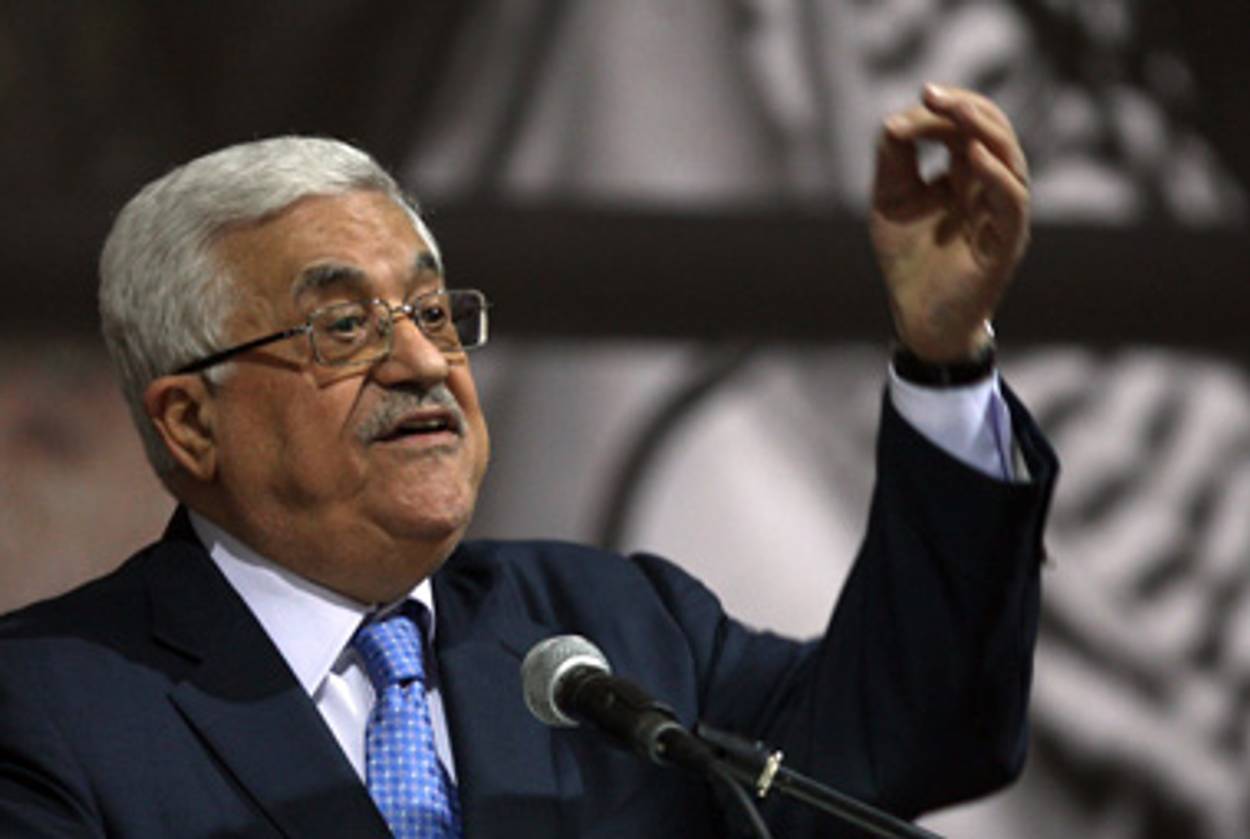Reconciliation 2.0
The logic behind the new Fatah-Hamas unity




A week ago, the Los Angeles Times noted, “Palestinian leaders lack a clear strategy, yet they are under pressure to keep the momentum going or risk a public backlash.” The UNESCO victory is something of a Pyrrhic one—among other things, the Palestinian Authority risks going bankrupt due to Israel’s continued refusal to hand over tax transfers—and given the lack of popularity for its membership bid among the U.N. Security Council’s new members, who would be likely to deny it a passing majority even without a U.S. veto, Palestinian President Abbas really only had one place to go: back to reconciliation, to Hamas. Which is exactly where he has gone. This isn’t complicated; reports Haaretz’s Avi Issacharoff, “The Fatah-Hamas agreement came to fruition after the committee appointed by the United Nations Security Council to investigate the Palestinians’ membership request said the Palestinian Authority did not fulfill the necessary requirements since it did not control the Gaza Strip.”
Over the weekend, Abbas and Hamas leader Khaled Meshal will likely sign a deal, which was negotiated in secret, that will establish a joint interim government soon and schedule parliamentary and presidential elections for May. As in April, when Reconciliation 1.0 was announced, the devil is in the details. That starts with the status of Prime Minister Salam Fayyad, who is loved by the West and loathed by Hamas (and not a few other Palestinians; Fayyad isn’t even a member of Abbas’ Fatah party). He is handy to have around when it comes to securing Western aid and U.S. backing, though if the P.A. is allied in a government with Hamas, that quickly becomes a moot point.
Of course, amid the P.A.’s stagnancy, and particularly if reconciliation falls apart (as—let’s face it—it inevitably will), there is the concern that the P.A. could simply disband, leaving a total vacuum that would either be filled by Hamas or, more likely, by Israel stepping in to govern the whole West Bank, pre-Oslo style. No need to panic: This hasn’t happened—yet.
Palestinians Ponder Next Step in Their Statehood Bid [LAT]
Palestinian Reconciliation Remains Uncertain as Fatah, Hamas Agree on Elections [Haaretz]
Fatah: Fayyad Remains Candidate for PM of Palestinian Unity Government [Haaretz]
Experts Warn of P.A. Break-Up [Ynet]
Earlier: On Reconciliation, ‘The Devil Is in the Details’
Marc Tracy is a staff writer at The New Republic, and was previously a staff writer at Tablet. He tweets @marcatracy.